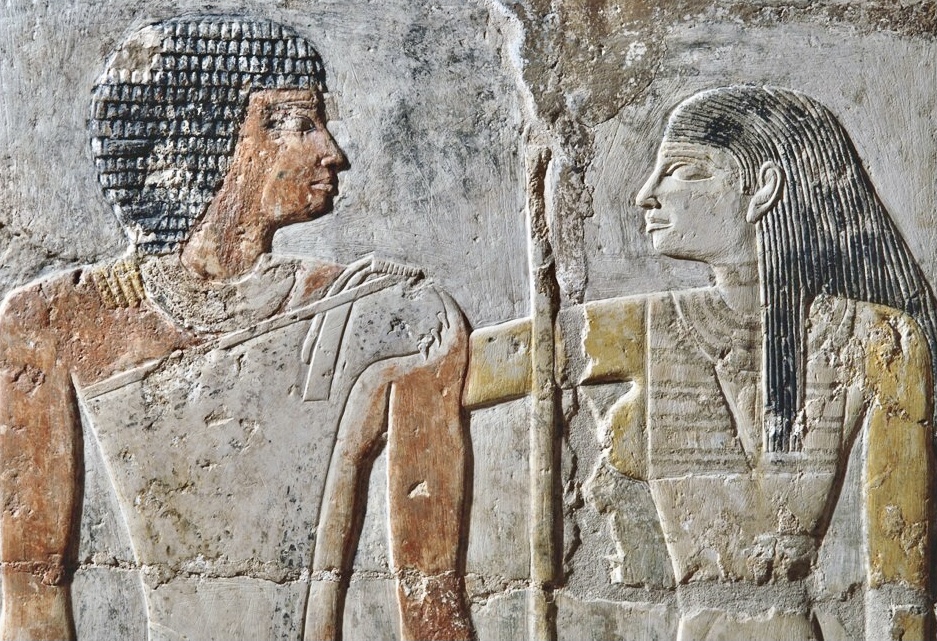Egypt
The name Egypt or ‘Aegyptos’ is in fact a Greek name given to what was previously known as the Land of ‘Kem’ or ‘Kemet’ by the Egyptians themselves. In the world of ancient Egyptian thought, morality and culture, we find a way of life which, whilst enigmatic and somewhat alien to our modern sensibilities, is at the same time profoundly human.
This part of the course introduces the importance of morality in ancient Egypt and the central Egyptian value of ‘Maat’ − the principle of Justice and Harmony throughout the Cosmos. Morality was the foundation of ancient Egyptian life, the basis on which they lived and organised their day-to-day affairs, in family, relationships and work. From the moral teachings of figures such as Ptahhotep, Ani and other ancient Egyptian sages, we will see that the most ordinary activities or social interactions had a spiritual root. This part of the course will also introduce ancient Egyptian thought about life and the afterlife, with the famous ‘weighing of the heart’ scene from the Book of the Dead, and will explore the pyramid as a symbol of the human being and society.

